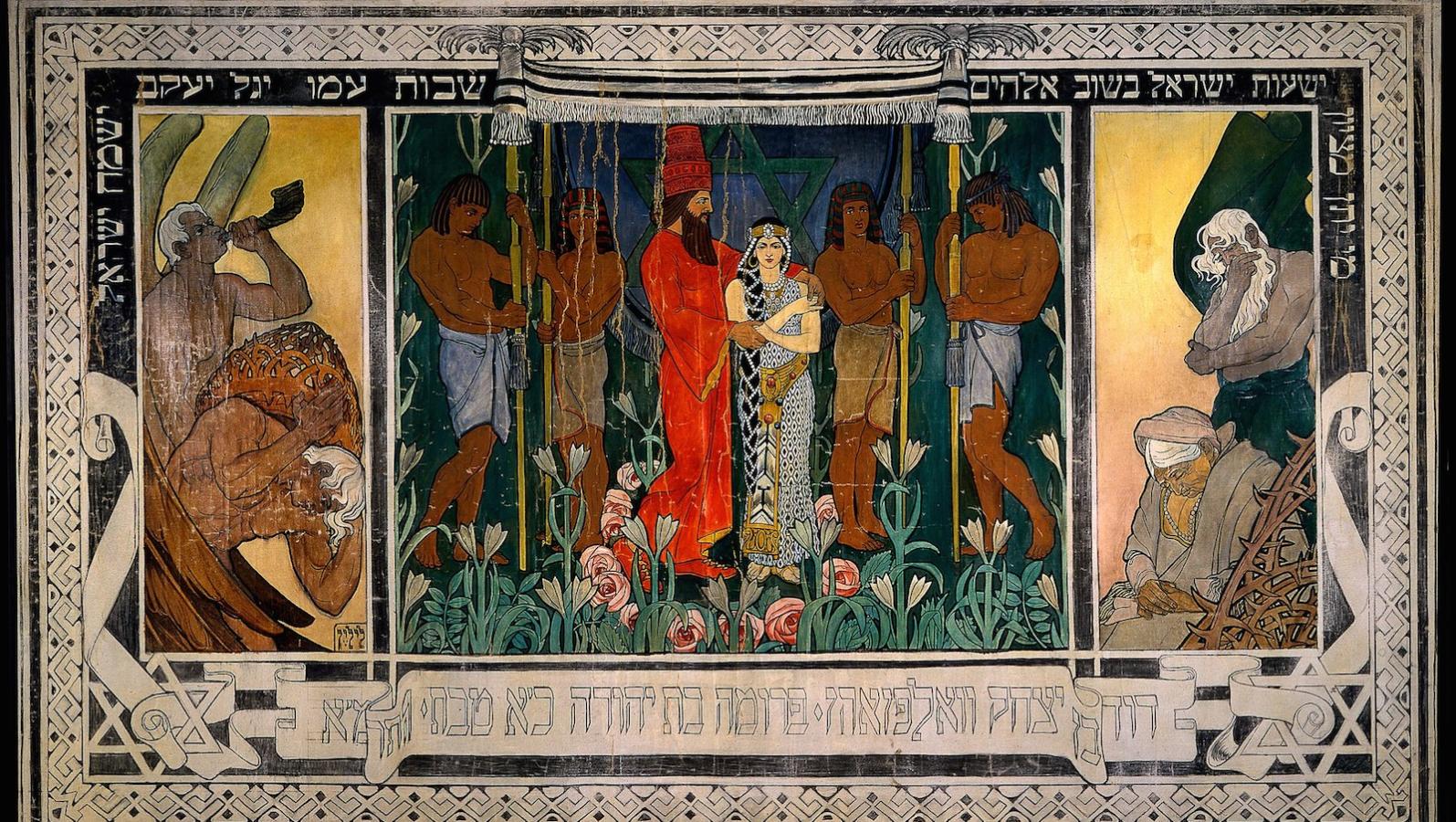Commentary on Parashat Vayikra, Leviticus 1:1-5:26; Deuteronomy 25:17-19
The portion shares the name Vayikra with the book it begins, Leviticus. We concluded the Book of Exodus with a description of the construction of the Tabernacle and the priestly vestments. The Book of Numbers follows with the laws for the protection of the cultic appurtenances while in transport through the wilderness. Though Leviticus is a type of priestly manual, most of its laws are addressed to all Israel. This is most fitting for a people that was just declared to be a “kingdom of priests.”
It is easy to get lost in details in Leviticus without realizing that one is actually being inducted into a theology of ritual. The theology of Leviticus uses the cult to promote the idea that God is beyond the reach of all the forces of the world except one–humanity. Only humans have the “demonic” power to expel God from the sanctuary by polluting it morally or ritually. Thus the priests are constantly engaged in either purging the sanctuary of its impurities or getting the people to atone for their wrongs.
Leviticus believes that divine accessibility is coordinated with human behavior. We have the power through the morality of our behavior to make God immanent or transcendent. Divine intimacy with humanity depends upon the quality of human action. If by polluting the sanctuary we can make it unfit, as it were, for divine living, just think what we could do by sanctifying it.
The great polarities of Leviticus are contained in two sets of antonyms: impurity and holiness, death and life. The implied equation is “Impurity is to holiness as death is to life” (impurity: holiness ~ death: life). If impurity is associated with death as holiness is with life, then the great source of purity is the fountainhead of life, just as death is the great generator of impurity. Israel, says Leviticus, can serve the living God by avoiding a life of impurity; indeed, through complying with the commandments of life, Israel triumphs over death and chooses life.
Provided by CLAL: The National Jewish Center for Learning and Leadership, a multi-denominational think tank and resource center.



